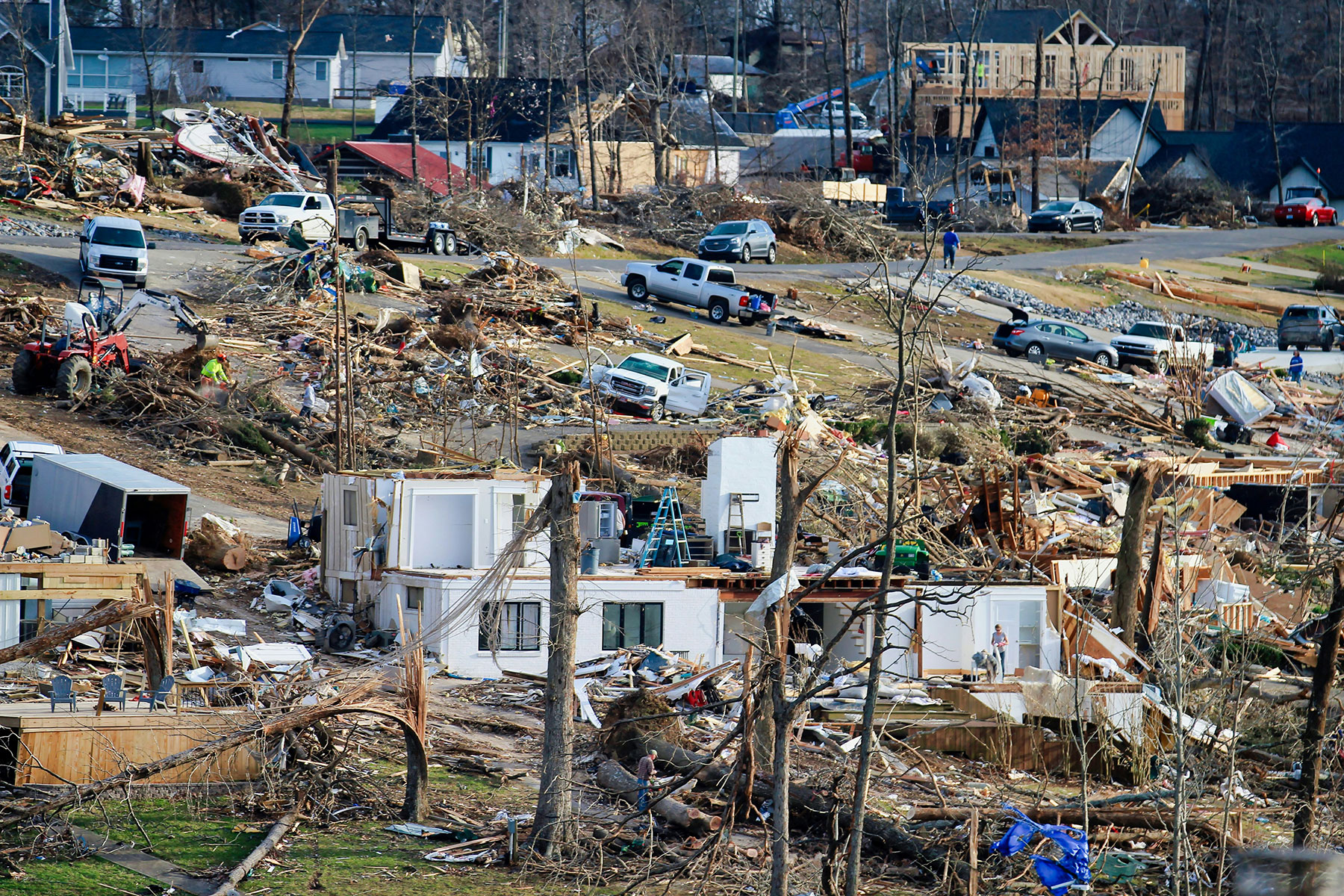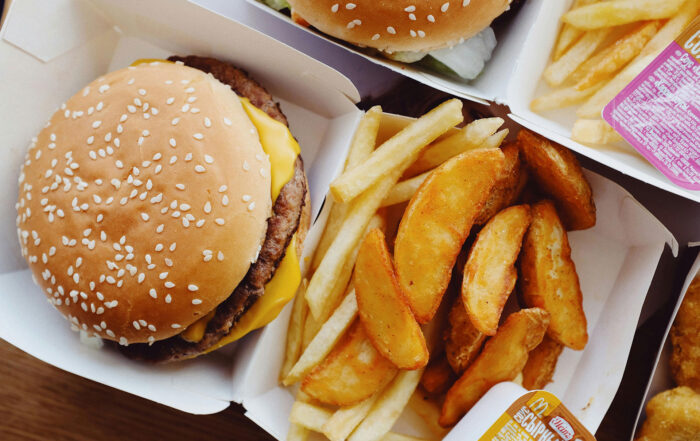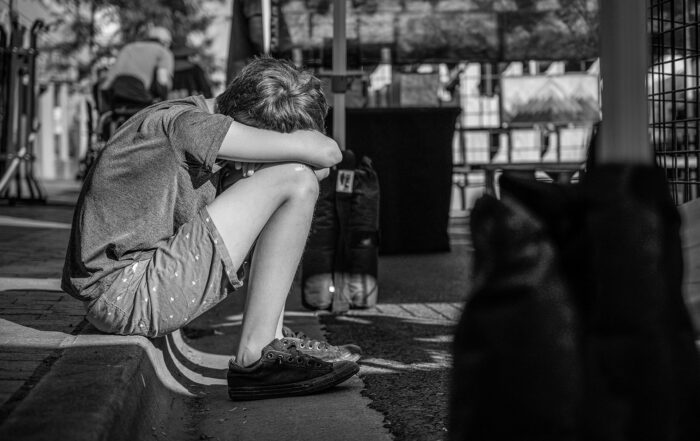
Supplemental Research Bulletin, Substance Abuse and Mental Health Services Administration
This Supplemental Research Bulletin focuses on mental health and substance use (behavioral health) conditions in children and adolescents following exposure to natural disasters such as hurricanes, tornadoes, and earthquakes. Each year, natural disasters affect an average of 224 million individuals worldwide, and about 85.2 million in North America. In the United States, the average number of natural disasters per year over the past decade was 21.5, making the United States one of the top five countries in the world in terms of how frequently it was hit by natural disasters (Guha-Sapir, Hoyois, Wallemacq, & Below, 2017). Researchers have found mental health problems and conditions including depression, anxiety, and general distress in disaster survivors of all ages (Norris et al., 2002).
Share This Post!
Child abuse and eating disorder symptoms: Shedding light on the contribution of identification with the aggressor
Source: ScienceDirect Childhood abuse has been increasingly recognized as a risk factor for eating disorder symptoms. Additionally, it has been demonstrated that childhood abuse may lead to identification with the aggressor, an automatic [...]
Can the positive buffer the negative? Testing the impact of protective childhood experiences on adjustment in adults following trauma exposure
Source: National Library of Medicine It is unclear if protective childhood experiences (PCEs), like emotional support and economic stability, exert influence on adulthood adjustment. Prior research suggests PCEs can promote childhood resilience through [...]
Complex Trauma Effects
Source: The National Child Traumatic Stress Network (NCTSN) Children whose families and homes do not provide consistent safety, comfort, and protection may develop ways of coping that allow them to survive and function [...]
Trauma-Informed Organizations
Source: The National Child Traumatic Stress Network (NCTSN) Part 2 provides a broad overview of how to create and implement an institutional framework for trauma-informed services in program delivery and staff development, policies [...]
Early childhood trauma and its long-term impact on cognitive and emotional development
Source: National Library of Medicine Childhood trauma has profound, long-term effects on cognitive and emotional development. This systematic review and meta-analysis sought to synthesis the evidence around the long-term impact of [...]
Helping children who have or are experiencing trauma this holiday season
For many, the holiday season is a joyful one – the popular song “Have a Holly, Jolly Christmas” comes to mind – but for children who have or are experiencing trauma, Christmas, [...]







